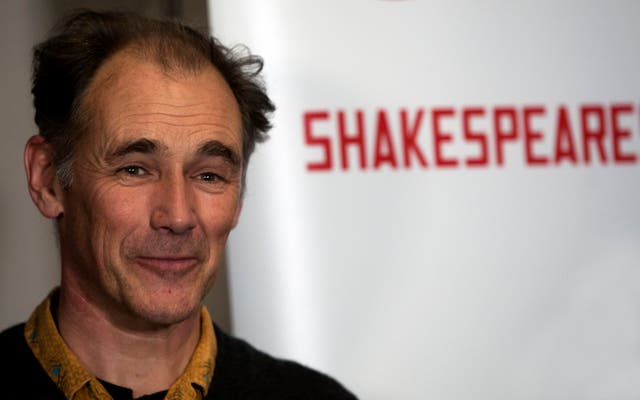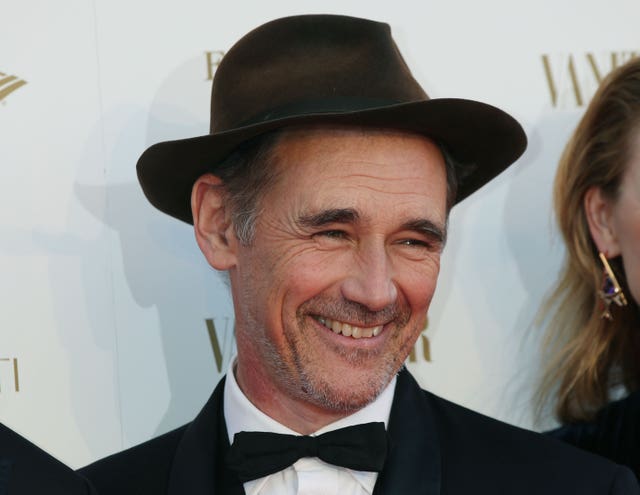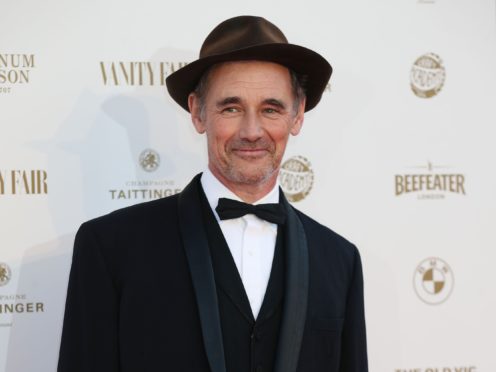Sir Mark Rylance has quit the Royal Shakespeare Company over BP sponsorship.
The Oscar-winning star of stage and screen has ended his relationship with the theatre company, citing environmental concerns.
Sir Mark has objected to the RSC’s receipt of funding from BP, which he has accused of obscuring its damaging environmental impact by supporting arts organisations.

He has questioned the right of BP to be associated with William Shakespeare and the term “British”.
The renowned Shakespearean actor has written in The Guardian and Culture Unstained announcing his decision.
He wrote: “Today I feel I must dissociate myself from the RSC, not because it is any less of a theatre company, but because of the company it keeps.”
Sir Mark added on BP: “Does this company have the right to associate itself with Shakespeare?
“Does it even have the right to have the word ‘British’ in its name when it is arguably destroying the planet our children and grandchildren will depend on to breathe, drink, eat and survive?”
The actor has called on the RSC to set a positive example for the future of sponsorship in the arts.
Gregory Doran, RSC artistic director, and Catherine Mallyon, RSC executive director, released a statement following the news.
They said: “We are saddened that Mark Rylance has decided he can no longer be one of our Associate Artists, but we respect his decision. We thank him for his long association with the company.

“Importantly, no sponsor influences or drives our artistic decision making and we are committed to exploring contemporary issues and ideas in all our work. We have a clear donation and sponsorship acceptance policy and consider potential offers of support individually.
“We recognise the importance of a robust and engaged debate in taking these decisions, especially in the light of the acknowledged environment and climate emergency.
“Corporate sponsorship is an important part of our funding, alongside ticket sales, public investment, private philanthropy and commercial activity.
“BP’s sponsorship of our £5 ticket scheme for 16-25 year olds gives many young people the chance to see our work, and the scheme is highly valued by our audiences.”
BP has been contacted for comment.
